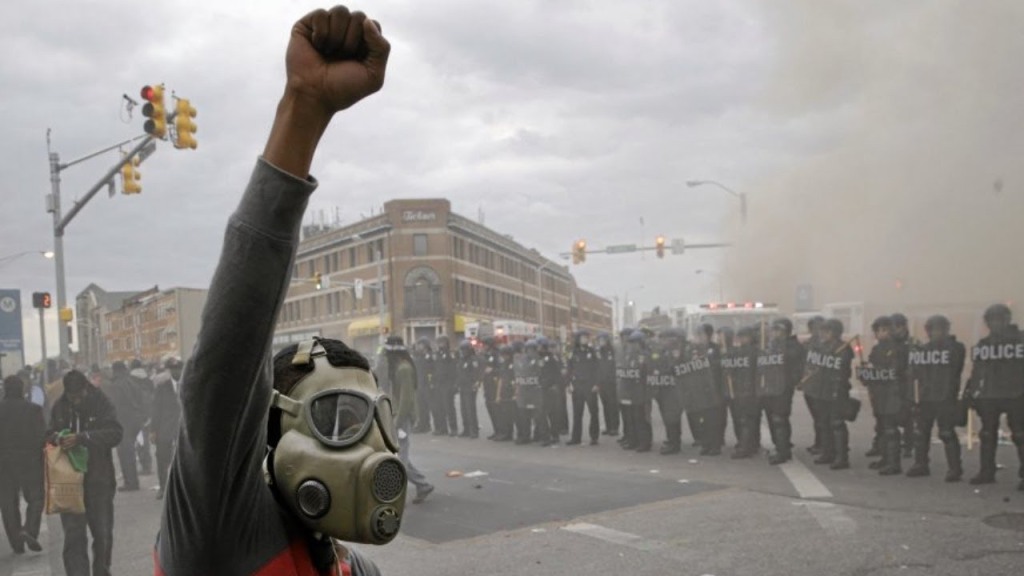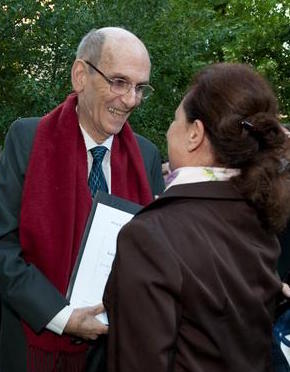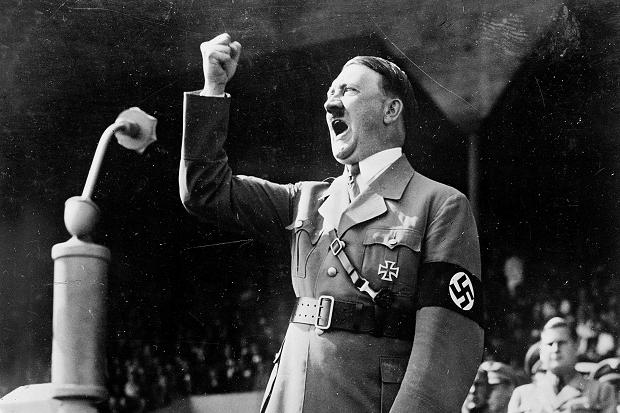The recent US elections confronted me with the reality of political and religious fanaticism as I’ve never been confronted before. Even family members and friends seemed to blindly believe the slogans and online propaganda, to the point of getting upset and defensive when I tried to challenge their beliefs. I found it hard to comprehend that people could reject facts, reason, common sense to defend Trump or the conservative and narrow Catholic view of who Catholics should all vote for and support. As a result, now the dust has settled a little, I thought I’d try to explore in this blog article something of the psychology behind fanaticism.

Fanaticism is defined as an emotion of being filled with excessive, uncritical zeal, particularly for an extreme religious or political cause. According to Winston Churchill, “A fanatic is one who can’t change his mind and won’t change the subject.” Until the US elections, I’d certainly come across Christian or Catholic fundamentalists, but I associated religious/political fanatics with the likes of the Taliban and Al Qaeda. Certainly not with a democratic election process.
Donald Trump clearly had the power to create fanatic following, and what I would define to be blind uncritical zeal. Not to say that the United States didn’t have its share of fanatical groups prior to Trump, but what has given me increasing worry has been the way they, through him, felt legitimized from the White House.

Not being a US citizen, I can’t say that I am single minded about the democrats. I don’t think I would have had strong feelings, for instance, if Mike Pence had been president. But what I saw in Donald Trump’s leadership – the manipulation of the emotions of his followers, and complete disregard for the facts of science and the election process when it did not go his way – filled me with a deep dread for the future of our world. But more disturbing for me was the way people actually bought into it and truly believed what he was saying was true!
Professor Andre Haynal, a world’s expert on fanaticism, has been a close observer of fanaticism for 80 years. He vividly remembers Hitler’s terrifying speech exulting in Germany’s takeover of Austria and lived under three different fanatic regimes in Hungary (the Nazis, the Communists, the Hungarian Fascists). He has studied with concern the Trump phenomena in the U.S. and the growth of fanatic nationalism in many European countries.
Professor Haynal is the former Chair of the Department of Psychiatry at the University of Geneva; former President of the Swiss Psychoanalytic Association; and the author of “Encounters with The Irrational”. He is assisted by his wife Veronique Haynal, a psychotherapist in Geneva, who shares fully in all his work.
The Haynals write: “The dictionary defines a fanatic as someone with excessive and single minded zeal. Synonyms include extremist, radical, chauvinist, militant, bigot, sectarian, diehard, and dogmatist. ‘Fanatic’ is derived from a Latin word that described possession by a god or demon. In current usage, it more often describes possession by a cause or belief system- religious, nationalist, racist, political, or ideological.”
Prof. Haynal observes that many factors promote fanaticism:
- Rapid societal change- in technology, economic opportunity, living arrangements, traditions, ideals, values, expectations leaving people feeling disconnected from the past, frightened in the present, not in control of the future.
- Fierce job competition from computers and multinational outsourcing
- Feeling that others (especially minorities and immigrants) are stealing status and resources.
- Comfort in belonging to a closed community of like-minded believers.
- Socio-economic deprivation and inequality.
- And a charismatic leader who confidently comes forth with grand promises offering prosperity, security, and stability.
In terms of why is fanaticism on the rise now, Prof. Haynal suggests:
- Crushing overpopulation – the world census, 1 billion in 1800, is now 7.6 billion and growing at the astounding rate 1 billion people every 12 years;
- War, famine, and drought- resulting in massive migrations;
- Political turmoil and societal instability;
- Weakening of previous consensus cultural norms;
- Dissolution of family ties;
- Increasing concentration of wealth;
- Religious tensions;
- And an economic philosophy where humans are less necessary as producers and consumers in a world increasingly dominated by computers.
To this list we can add the COVID-19 pandemic, which has increased instability, insecurity, and economic hardship. People want certainty. Because our present reality is a bitter pill to swallow, people prefer the felt security that comes from black and white beliefs.
What are the characteristics of fanatic leaders? Haynal’s answer is that they may differ widely in intelligence, personality and goals – but all use similar methods to turn followers into fanatics; they convey a simple message with powerful conviction and constant propaganda; they deny truth, manipulate objective reality, distort facts, and create fake news; they are intolerant of contradiction and destroy opposition; they delegitimize and censor alternative views; they divide issues and people sharply into good and bad; and they create scapegoats and targets of anger.
So it is a combination of the tactics employed by a fanatic leader striking when people are most vulnerable that brings about the situation we’ve experienced. I guess when things are going well, people are not so readily taken in by black and white slogans. It is when they feel scared, insecure, and uncertain about the future that they are more susceptible to a charismatic leader promising them an easy answer for all their ills.
I will be watching the impeachment trial of Donald Trump, and public reaction to it, with great interest, because we are not out of the woods yet. The pandemic is far from over, and the longer it takes to roll out the vaccines world wide, the greater the chances of further virus mutations to which the current vaccines are less effective. I would imagine that the increasing effects of climate change on food production, combined with the economic impact of COVID lockdowns and border shutdowns, will serve to increase the level of insecurity and uncertainty, only increasing people’s vulnerability to the manipulations of a fanatical leader.



